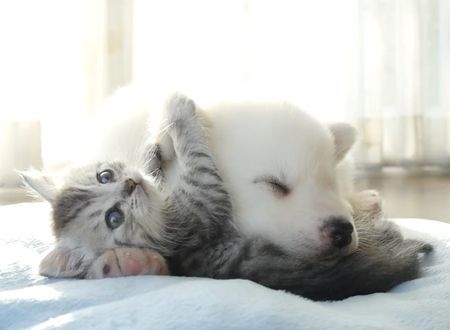I was talking to my neighbor in the office today – our workspaces are next to each other – and the discussion veered around manufacturing serendipity.
He indicated how many of our best ideas come to us when we put ourselves out there; when we meet people, when we commune and when we convene. Serendipity strikes when we least expect it to, but it never will if we don’t work towards it. And at a more subtle level, if we don’t want it to. Put differently, serendipity is happenstance but the act of seeking serendipity is not.
So then the question that begs to be asked is: what good is serendipity?
To begin with, manufacturing serendipity is exciting. Waking up to the art of the possible, to chance encounters, and to the possibilities of the universe is a positive, affirmative way of living life. But then, are serendipities always good? If the end goal of serendipity is an epiphany or a unique insight into the world, what comes of it?
“What comes of it?” I asked my neighbor and simultaneously pondered over this question, through a mental model based in financial theory. “If hanging out with people leads us to an insight, wouldn’t that epiphany also be influenced and administered by how people think? And if that were the case, how would the said epiphany be unique in that it was by the people, and of the people?”
My neighbor paused, acknowledged the thought, and responded. “Think of ourselves as a group of monkeys.”
“We are all doing the same thing, wanting the same thing, and working towards the same thing. The key is to observe how, we, as monkeys behave. And after several such observations, one may finally intuit a sense of how to behave differently. And when that dawns on us, when that realization strikes – this is how the world works, but this is how I should work – that will be a unique insight.”
“That makes sense,” I added, “and if the power of that unique insight is so strong, perhaps it will drive us to not just understand how I should work but also how the world ought to work.”
Both of us smiled in acknowledgment and went back to our offices to attend our respective meetings.
When I had some time later in the day, I reflected some more on this conversation and realized that such epiphanies are the seed of many of the most impactful businesses in the world today. They become the driving force to view the world from a distorted lens, a lens that we truly believe in, and finally make the world believe in as well, until it becomes reality.
And it begins with manufacturing serendipity. In communing and convening, in observing, and in realizing how we interact with this world in an all too similar way. And in this rigamarole, waiting for a crack and a crevice to appear, and waiting for that chance encounter, to give us that unique insight, that epiphany, which becomes the seed for something powerful and beautiful.
Seems worth it, doesn’t it?









Comments & Discussion
11 COMMENTS
Please login to read members' comments and participate in the discussion.